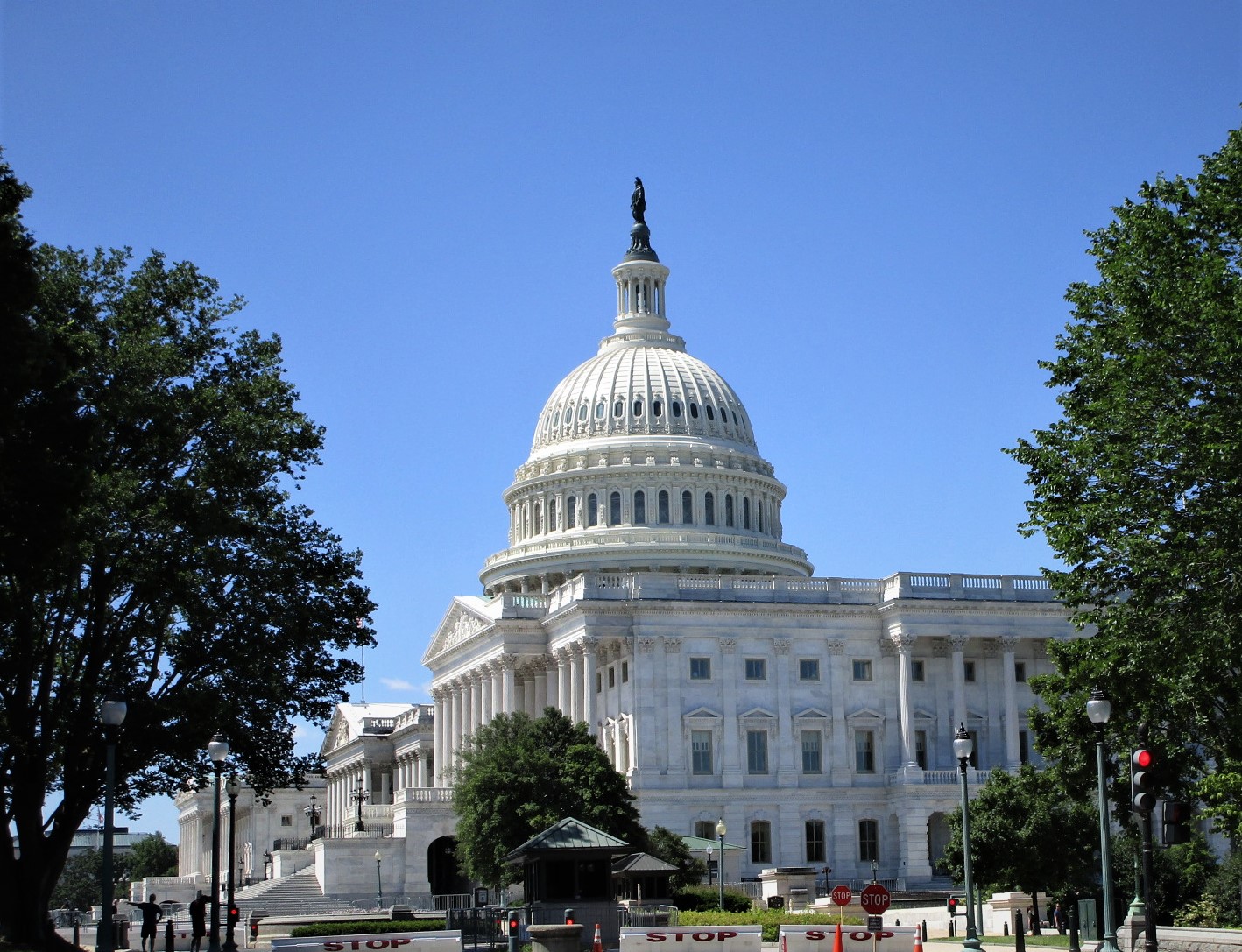Senators Tell FCC to Reverse Ligado Satellite Spectrum Use Approval
Lawmakers reiterate interference concerns that former FCC chair Ajit Pai called fear-mongering

The smarter way to stay on top of the multichannel video marketplace. Sign up below.
You are now subscribed
Your newsletter sign-up was successful
The Federal Communications Commission’s desire to promote broadband competition continues to run up against the desire of some powerful government agencies and their allies to protect spectrum holdings and incumbent services.
This week, a bipartisan group of powerful senators, including the chairman and ranking member of the Senate Armed Services Committee, wrote FCC chair Jessica Rosenworcel asking the FCC to reverse course on its decision to allow Ligado Networks to use satellite spectrum adjacent to GPS for terrestrial 5G starting at the end of next month.
“Staying and reconsidering the Ligado Order is necessary to address the imminent risks associated with Ligado’s intention to ‘commence operations in the 1526-1536 Mhz band on or after September 30, 2022,’ ” they wrote. “We remain gravely concerned that the Ligado Order fails to adequately protect adjacent band operations — including those related to GPS and satellite communications — from harmful interference impacting countless military and commercial activities.”
Lead senators on the letter were Jim Inhofe (R-Okla.) and Jack Reed (D-R.I.). Joining them were Sens. Tammy Duckworth (D-Ill.), Mazie Hirono (D-Hawaii), Mark Kelly (D-Ariz.), Mike Rounds (R-S.D.), Kyrsten Sinema (D-Ariz.) and Dan Sullivan (R-Alaska).
Despite pushback from GPS entities, airline and pilot associations in particular, and some federal agencies, notably the Department of Defense, the FCC — including then-commissioner Rosenworcel — voted unanimously in April 2020 to approve an application by Ligado (formerly LightSquared) to deploy a low-power terrestrial 5G network in the L-band satellite spectrum, one of a series of FCC decisions meant to free up more spectrum for 5G.
GPS companies and users had pushed back on the application, saying they could face interference to critical services. FCC engineers, though, said harmful interference could be avoided, including by requiring a guard band of spectrum between Ligado and adjacent-band GPS and a 99% reduction in power levels from Ligado's 2015 application.
Ajit Pai, FCC chairman when the Ligado decision was made, characterized the cries of intereference as fear-mongering.
The smarter way to stay on top of the multichannel video marketplace. Sign up below.
In 2021, Congress also put some guardrails around the FCC's Ligado authorization by including language in the Defense Authorization Act making it explicit that Ligad cannot interfere with GPS and proceed with its broadband plans.
Ligado has been trying to launch a terrestrial wholesale wireless broadband service using spectrum initially licensed for satellite for over a decade, though back then it was for a 4G network. ▪️
Contributing editor John Eggerton has been an editor and/or writer on media regulation, legislation and policy for over four decades, including covering the FCC, FTC, Congress, the major media trade associations, and the federal courts. In addition to Multichannel News and Broadcasting + Cable, his work has appeared in Radio World, TV Technology, TV Fax, This Week in Consumer Electronics, Variety and the Encyclopedia Britannica.

